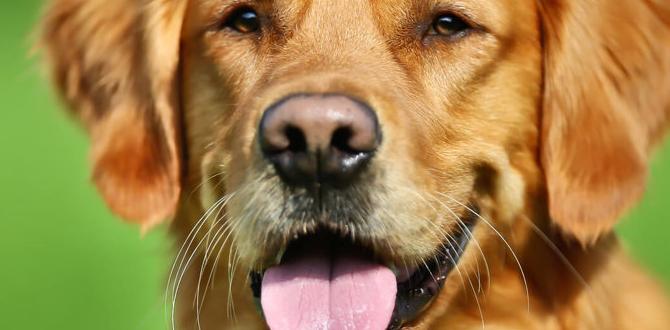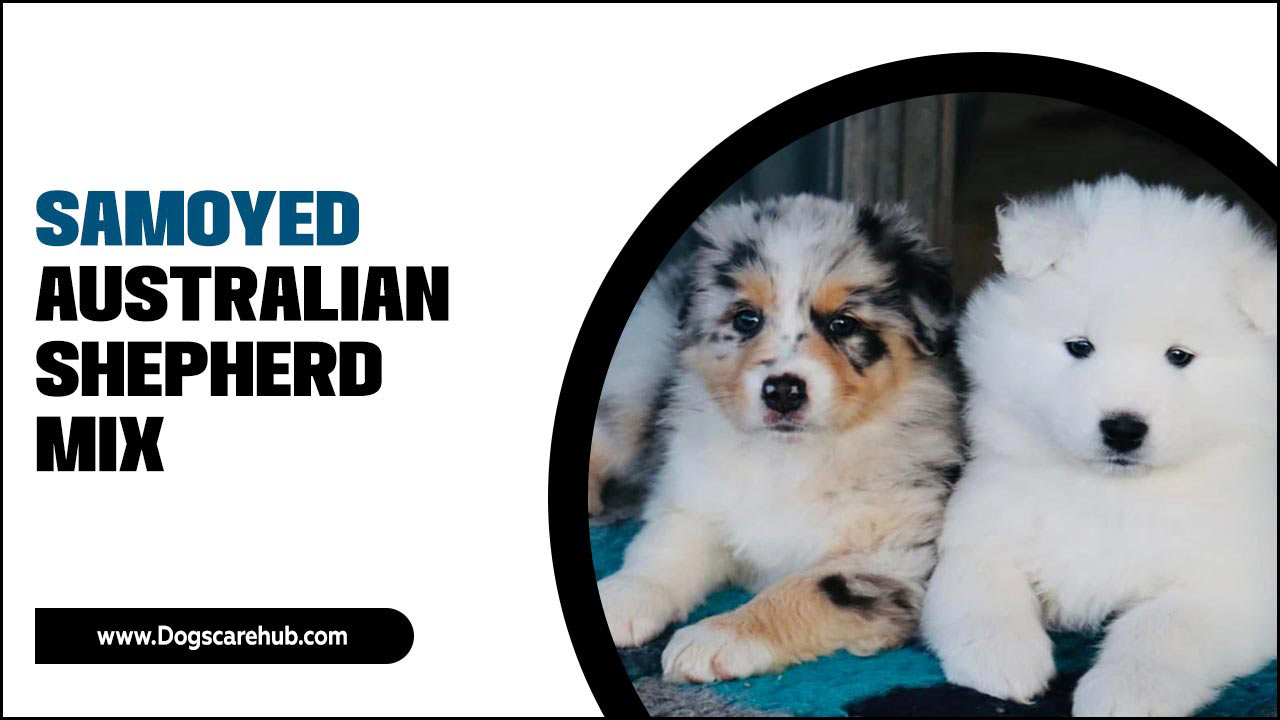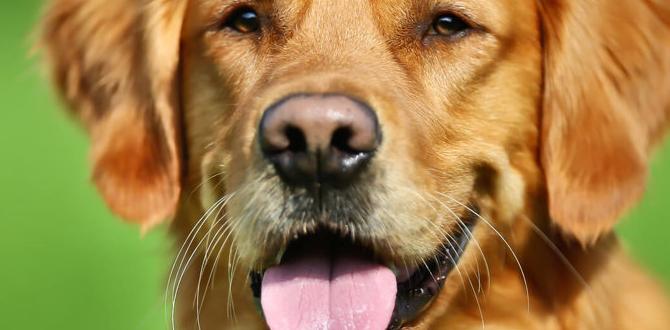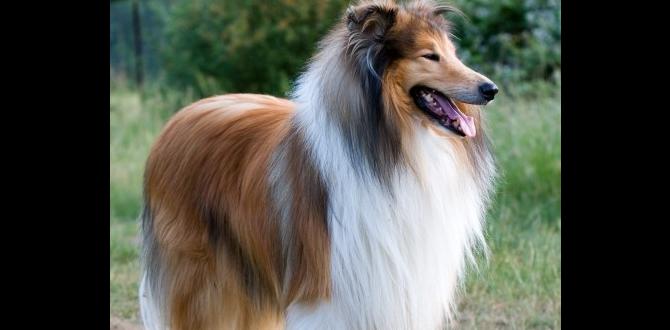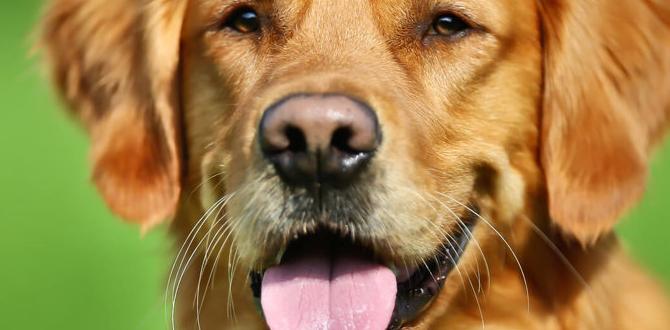Have you ever watched puppies play? They leap, chase, and tumble with joy. But what does this playful behavior mean? Puppy play is more than just fun. It’s a learning tool. Through play, puppies develop important skills. They learn to communicate, socialize, and explore their world. Let’s dive into the fascinating world of dog play behavior in puppies!
Key Takeaways
- Dog play behavior in puppies is more than just fun.
- Puppies learn social skills through their play.
- Chasing games teach puppies about speed and agility.
- Play fighting helps puppies understand bite control.
- Puppies love to explore new environments through play.
Understanding Dog Play Behavior In Puppies
Puppies play to learn and grow. This playful behavior isn’t just about having fun. It’s a crucial part of their development. Through play, puppies learn how to interact with other dogs. They also discover how to communicate and express themselves. Play teaches them important life skills, like problem-solving and teamwork. When puppies play, they engage in a variety of activities. These can include chasing, wrestling, and playing with toys. Each type of play has its own benefits and lessons. By understanding these behaviors, we can better support our puppies’ growth.
- Play helps puppies build strong bodies.
- It enhances their mental abilities.
- Social play aids in learning dog language.
- Structured play can teach obedience.
- Play reduces stress and increases happiness.
Dog play behavior in puppies is essential for their physical and mental health. It helps them release energy and stay fit. Social interactions during play teach them how to behave around other dogs. This prepares them for a lifetime of positive relationships. Playtime is also an opportunity for puppies to bond with their humans. It strengthens the human-pet connection, making training easier. Understanding the different types of play can help us provide the best environment for our puppies.
Fun Fact or Stats : Puppies can spend up to 20 hours a day sleeping and playing!
Why Do Puppies Play?
Have you ever wondered why puppies love to play? Playtime is a natural instinct. It’s part of their development and growth. Puppies play to practice skills they’ll need as adults. Chasing lets them hone their hunting instincts. Wrestling helps them learn boundaries and bite control. Play is also a way for puppies to learn about their environment. They explore textures, sounds, and smells through play. This exploration is crucial for their cognitive development.
How Do Puppies Learn Through Play?
Play is a powerful teacher for puppies. Through games, they learn essential social skills. Puppies figure out how to communicate with each other. They discover how to signal when they want to play or when they’ve had enough. Play fighting teaches them bite inhibition, which is crucial for safe interactions. Chasing games improve their agility and coordination. Play isn’t just about fun—it’s a vital learning experience.
What Do Different Play Behaviors Mean?
Each type of play behavior has a different meaning. When puppies wrestle, they learn about strength and control. Chasing games teach them about speed and reaction times. Tug-of-war helps puppies understand sharing and competition. When puppies play with toys, they practice problem-solving. Observing these behaviors can help us understand a puppy’s needs and preferences. By providing a variety of play options, we support their growth.
Chasing And Running Games In Puppies
Chasing and running are favorite games for puppies. These activities are not only fun but also educational. Through chasing games, puppies develop their physical abilities. They learn about speed, agility, and coordination. These skills are important for their overall health and fitness. Running games also teach puppies how to interact with others. They learn to take turns and follow rules. When puppies chase each other, they practice social cues. They learn when to slow down, stop, or change direction. This helps improve their communication skills.
- Chasing helps burn off excess energy.
- Running games improve cardiovascular health.
- These games enhance balance and coordination.
- Chasing teaches important social skills.
- It provides mental stimulation and excitement.
Running and chasing games are vital for a puppy’s development. They offer a fun way to exercise and stay fit. These activities also help puppies understand spatial awareness. They learn how to navigate obstacles and adjust their speed. Chasing games provide opportunities for puppies to learn about leadership and cooperation. By participating in these games, puppies experience a sense of accomplishment. They enjoy the thrill of the chase and the joy of companionship.
Fun Fact or Stats : Puppies can run at speeds up to 20 mph!
Why Do Puppies Enjoy Chasing Games?
Puppies love chasing games because they mimic natural behaviors. In the wild, chasing is part of hunting. Even domesticated puppies have these instincts. Running games allow them to practice these skills in a safe environment. Chasing also provides a sense of excitement and thrill. It offers an opportunity to interact with their environment and other dogs. This playtime helps puppies understand their strengths and limitations.
What Skills Do Puppies Develop From Running Games?
Running games help puppies develop several important skills. They improve speed and agility, which are crucial for physical fitness. These games also enhance coordination and balance. Puppies learn how to take turns and follow rules. Chasing games offer social interaction, improving communication skills. Through these activities, puppies learn how to read social cues and respond appropriately.
How Can We Safely Encourage Chasing Games?
To encourage safe chasing games, provide a secure play area. Ensure the space is free from hazards. Supervise playtime to prevent accidents. Use toys to engage puppies in running games. Throw balls or toys for them to chase. Encourage friendly play by setting boundaries and rules. Teach puppies when to stop chasing, ensuring play remains safe and fun.
Wrestling And Rough Play In Puppies
Wrestling and rough play are common in puppies. These activities might look aggressive, but they’re usually harmless. Puppies wrestle to practice important skills. Through rough play, they learn about physical limits and control. They discover how to use their bodies effectively. Wrestling teaches puppies to understand strength and pressure. They learn when to ease up or apply more force.
- Wrestling helps develop muscle strength.
- It improves body awareness and control.
- Rough play teaches bite inhibition.
- Puppies learn to read social signals.
- Wrestling fosters cooperation and trust.
Wrestling is an important part of dog play behavior in puppies. It helps them build strong muscles and improve dexterity. During rough play, puppies learn to gauge their own strength. They practice bite inhibition, ensuring they don’t harm playmates. These activities also foster trust and understanding between puppies. By observing wrestling, we can ensure that play remains safe.
Fun Fact or Stats : Puppies use over 30 different signals during play!
What Is The Purpose Of Wrestling In Puppies?
Wrestling serves many purposes for puppies. It allows them to explore their physical abilities. Puppies learn how to use their bodies effectively. They discover how to balance strength with control. Through wrestling, puppies practice important social skills. They learn to interpret and respond to signals from other dogs. Wrestling also helps puppies form strong bonds with each other.
How Do Puppies Ensure Safe Rough Play?
Puppies use signals to keep rough play safe. They give each other cues to indicate when play is too rough. These signals help puppies adjust their behavior. They learn when to ease up or stop. Puppies also practice bite inhibition during wrestling. They learn to control their jaws and avoid causing harm. This ensures that play remains fun and safe for everyone involved.
How Can Owners Support Safe Wrestling?
Owners can support safe wrestling by supervising playtime. Ensure that play doesn’t become too rough. Teach puppies to respond to stop signals. Provide plenty of toys for biting and tugging. These toys offer an outlet for energy and frustration. Encourage gentle play by rewarding calm behavior. Set boundaries to ensure wrestling remains safe and enjoyable.
Exploring The Environment Through Play
Puppies use play to explore their environment. They discover new sights, sounds, and smells. Play is an important part of their exploration and learning. It helps them understand their surroundings. Puppies use their senses to gather information. They interact with objects and other animals. This exploration is crucial for cognitive development.
- Play encourages curiosity and discovery.
- It aids in sensory development.
- Exploration enhances problem-solving skills.
- Puppies learn about cause and effect.
- Play fosters adaptability and resilience.
Exploring the environment through play is vital for puppies. It allows them to develop important cognitive skills. Puppies learn to solve problems and adapt to new situations. Through play, they experience the world around them. This exposure helps them grow into confident and well-adjusted adults. By providing a variety of play options, we support their exploration and learning.
Fun Fact or Stats : Puppies have up to 300 million smell receptors in their noses!
How Do Puppies Use Play To Explore?
Puppies use play to explore and understand their world. They investigate their environment through sight, sound, and smell. During play, puppies interact with objects and other animals. They learn about different textures, shapes, and sizes. This exploration is crucial for developing problem-solving skills. It helps puppies make connections between actions and outcomes.
What Are The Benefits Of Environmental Exploration?
Environmental exploration offers many benefits for puppies. It encourages curiosity and discovery. Puppies learn to adapt to new situations and challenges. Through exploration, they enhance their sensory and cognitive abilities. This experience helps them become more confident and resilient. Play-based exploration supports overall growth and development.
How Can Owners Encourage Safe Exploration?
Owners can encourage safe exploration by providing a stimulating environment. Offer a variety of toys and objects for puppies to play with. Ensure that the play area is safe and free from hazards. Supervise playtime to prevent accidents. Encourage curiosity by introducing new experiences and challenges. Reward exploration and problem-solving with praise and treats.
Conclusion
Dog play behavior in puppies is more than just fun. It’s a vital part of their growth and development. Through play, puppies learn essential skills and behaviors. They explore their world and build social connections. By understanding and supporting their play, we help them grow into healthy and happy adults. Let’s ensure our puppies have plenty of opportunities to play and learn!
FAQs
Question: Why do puppies play fight with each other?
Answer: Puppies play fight to learn important social skills. Through play fighting, they practice bite inhibition. They also learn how to read and respond to social signals. This helps them develop better communication skills. Play fighting is an essential part of a puppy’s development. It prepares them for positive interactions with other dogs.
Question: What are the benefits of chasing games for puppies?
Answer: Chasing games offer many benefits for puppies. They improve physical fitness and coordination. These games help puppies develop speed and agility. Chasing also provides social interaction and mental stimulation. Puppies learn to follow rules and take turns. These activities are essential for their growth and happiness.
Question: How do puppies communicate during play?
Answer: Puppies communicate during play using various signals. They use body language, facial expressions, and vocalizations. These signals help them express excitement, playfulness, or discomfort. Understanding these cues is crucial for safe play. Puppies learn to interpret and respond to these signals during playtime. This helps them develop better social skills.
Question: Why is environmental exploration important for puppies?
Answer: Environmental exploration is crucial for puppies’ development. It encourages curiosity and discovery. Puppies learn about their surroundings through play. This exploration enhances sensory and cognitive abilities. It helps them become confident and adaptable. Play-based exploration supports their overall growth and development.
Question: How can owners encourage safe play in puppies?
Answer: Owners can encourage safe play by providing a secure environment. Supervise playtime to prevent accidents. Offer a variety of toys and activities. Teach puppies to respond to stop signals. Encourage gentle play and praise calm behavior. This ensures play remains fun and safe for everyone involved.
Question: What skills do puppies learn from wrestling?
Answer: Wrestling helps puppies learn several important skills. They develop muscle strength and body control. Puppies practice bite inhibition and learn about physical limits. Wrestling also teaches them to read social signals. These skills are crucial for safe and positive interactions with other dogs.
Meet Elyse Colburn, the devoted canine companion and storyteller behind the enchanting world of “Tales, Tails, and Adventures Unleashed.” A passionate dog enthusiast with a heart full of paw prints, Elyse Colburn shares heartwarming tales and insightful adventures, celebrating the joy, loyalty, and endless antics that make every dog a true hero. Join Elyse Colburn on this tail-wagging journey, where every post is a love letter to our four-legged friends.


